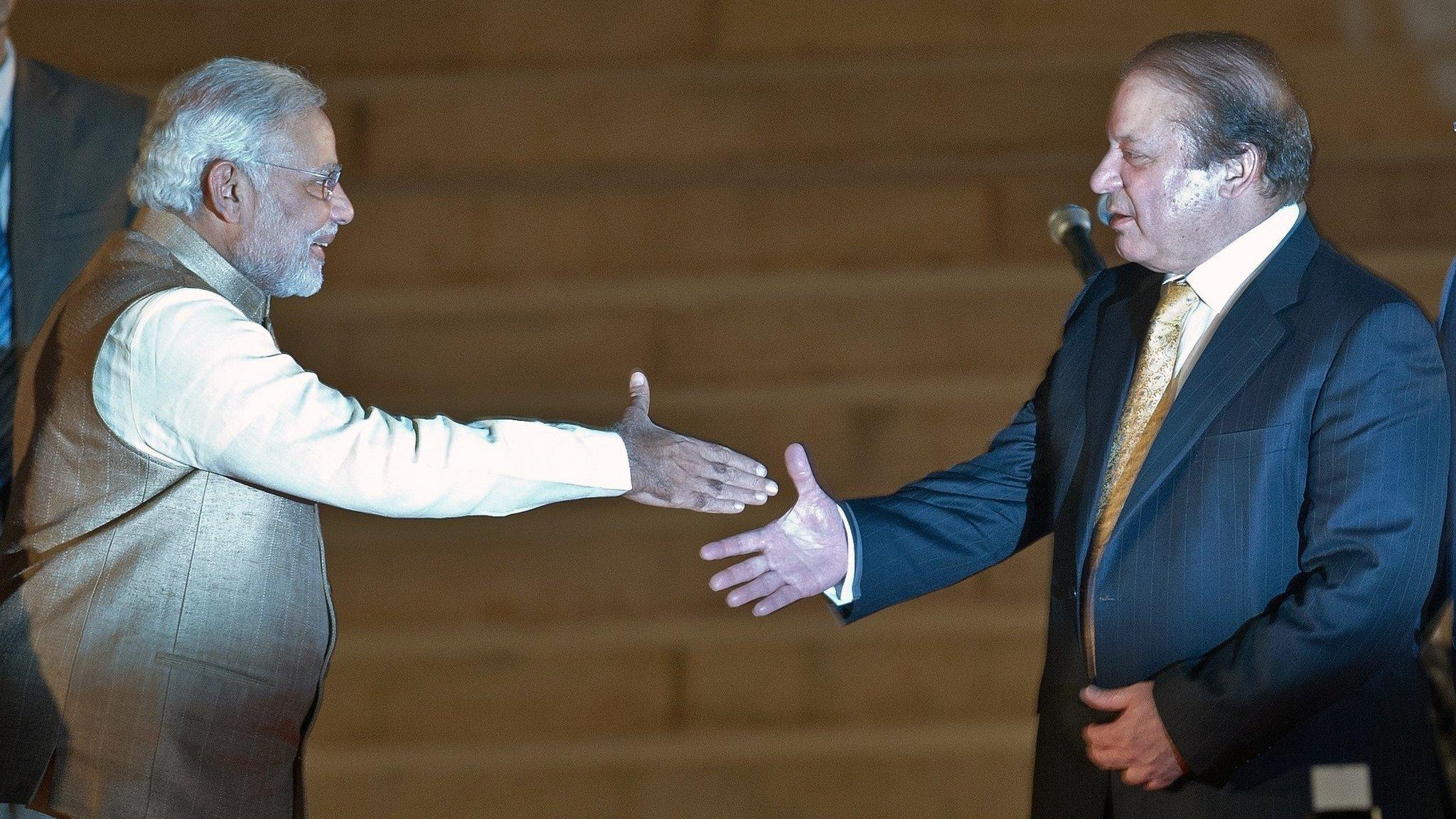Pathankot attacks: Pakistan investigators to probe assault
- Published
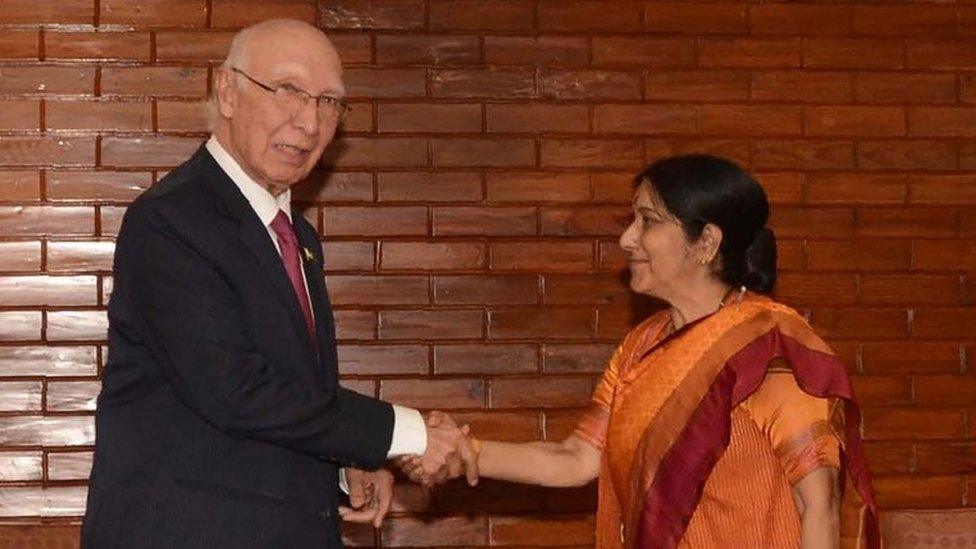
Thursday's meeting was the first high-level talks between the two countries after the attack
A team of Pakistani investigators will arrive in India on 27 March to help probe a militant attack on an air base.
Foreign Minister Sushma Swaraj's announcement came after a meeting with Pakistan's Foreign Affairs Adviser Sartaj Aziz on the sidelines of a regional meeting in Nepal.
India had accused a Pakistan-based group of carrying out the assault in January.
Seven Indian soldiers and six militants were killed in the attack.
Scheduled diplomatic talks between India and Pakistan were postponed after India accused Pakistan-based group Jaish-e-Mohammad of carrying out the attack.
Pakistan said it arrested several members of the group.
Thursday's meeting between Mrs Swaraj and Mr Aziz was the first high-level talks between the two countries since the attack.
The meeting happened on the sidelines of a summit of foreign ministers and top diplomats from eight South Asian nations in the resort town of Pokhara in Nepal.
Camouflaged attack
The assault on the Pathankot air force base in Punjab, close to the Pakistan border, started on 2 January, when a group of gunmen - wearing Indian army uniforms - entered residential quarters on the air base.
The United Jihad Council - a coalition of more than a dozen militant groups fighting against Indian rule in Kashmir - claimed they carried out the attack.
The claim was met with scepticism - the UJC's core members are not known to have mounted attacks outside Indian-administered Kashmir.
Indian security officials instead blamed Jaish-e-Mohammed, an Islamist militant group based in Pakistan.
Started by Masood Azhar, Jaish-e-Mohammed has been blamed for attacks on Indian soil in the past, including one in 2001 on the Indian parliament which took the nuclear-armed rivals to the brink of war.
- Published7 January 2016
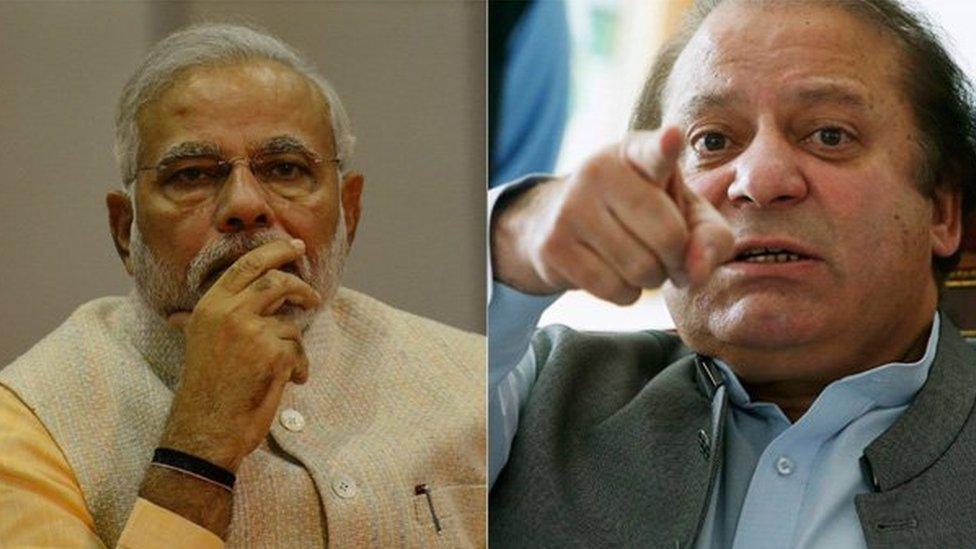
- Published6 January 2016
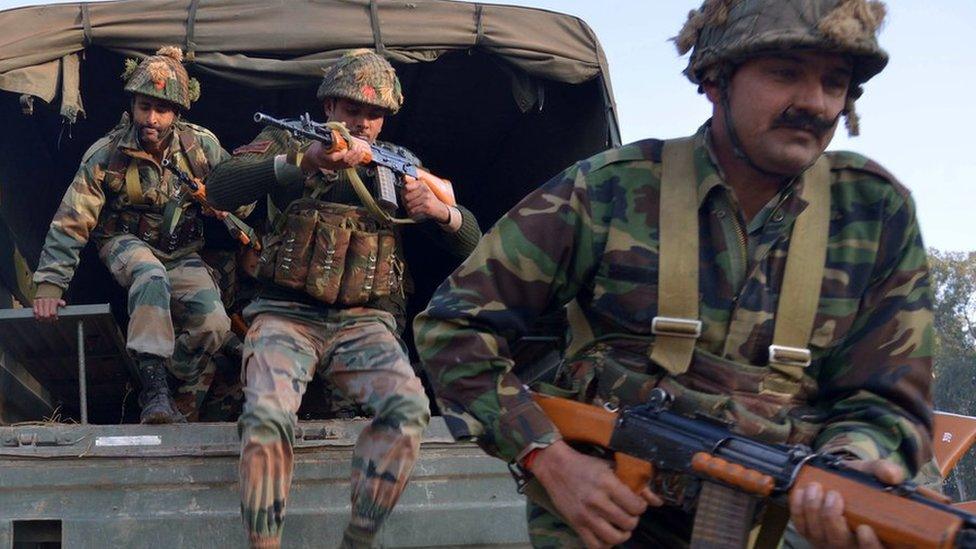
- Published4 January 2016
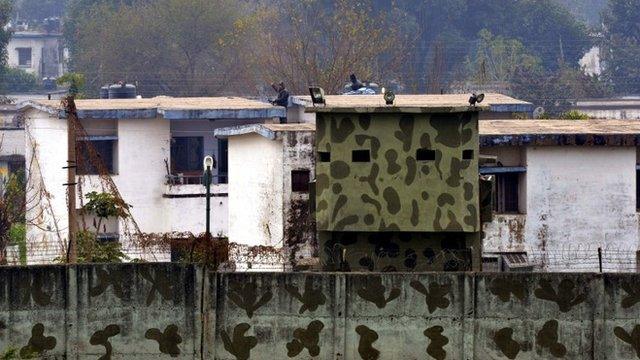
- Published25 December 2015
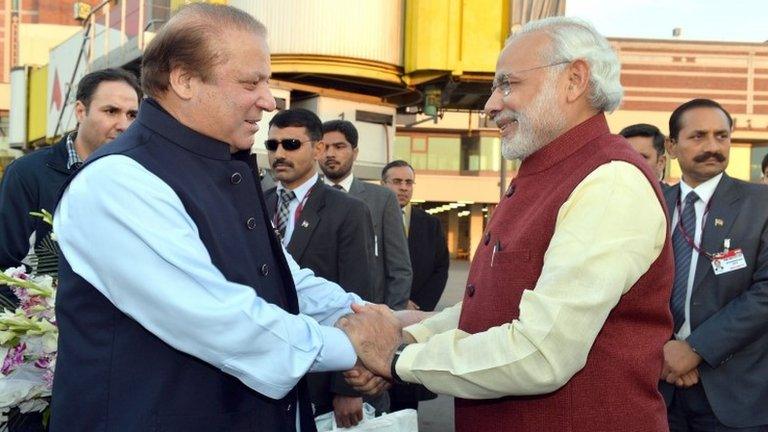
- Published27 July 2015
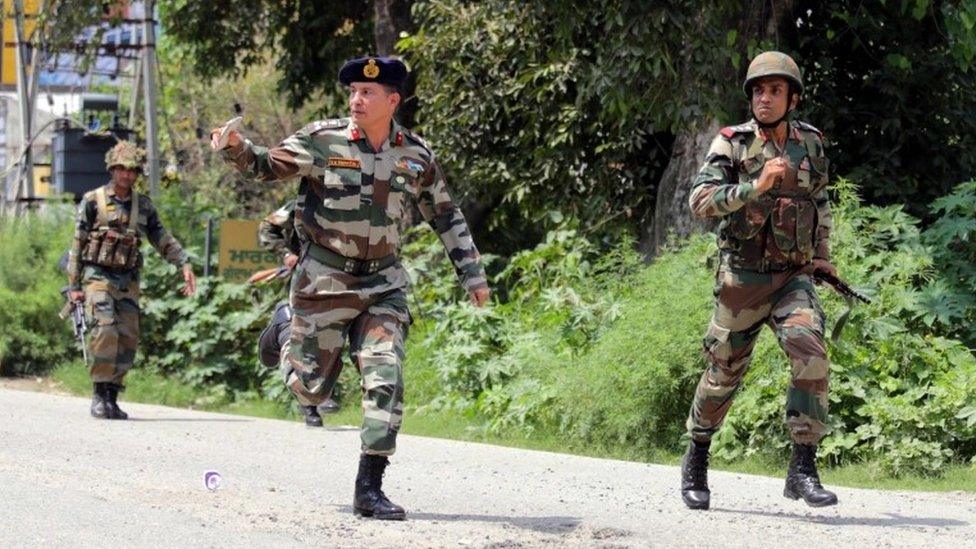
- Published5 October 2015
